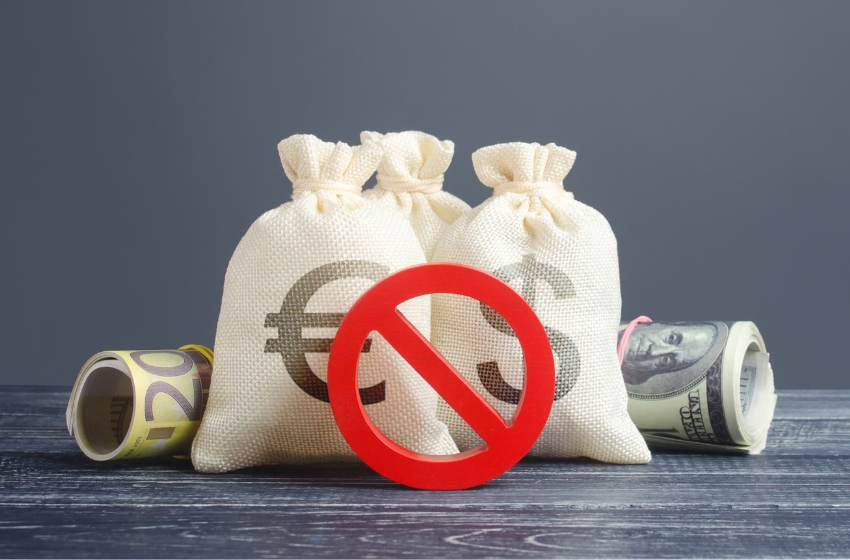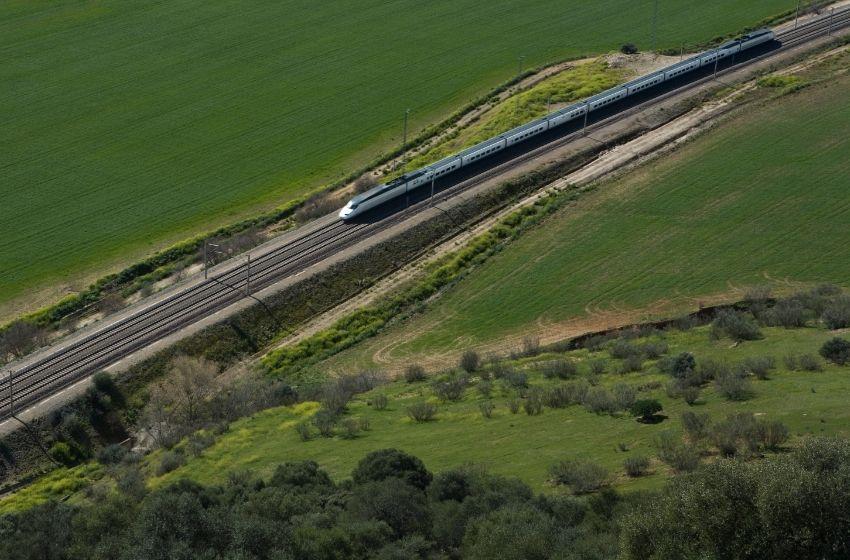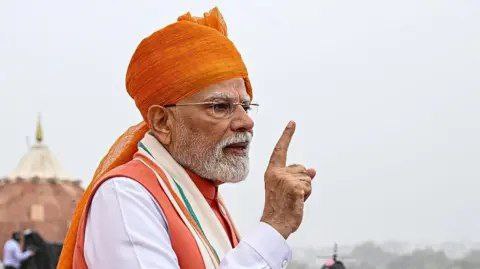The imposition of sanctions is a powerful tool that affects the economic situation in Russia, weakening it. At the same time, any playing with sanctions and their relaxation sends very dangerous signals to the Kremlin, indicating that the situation may improve.
This information comes from RBC-Ukraine, citing the chief consultant of the Foreign Policy Research Center at the National Institute for Economic Research, Ivan Us.
"Sanctions are designed to increase pressure. When they are played or relaxed, it has negative consequences. More than half a year ago, sanctions against the Kaliningrad region of Russia, which is located as an enclave within the European Union, were relaxed. Now, on the one hand, quite powerful measures are being taken, and on the other hand, existing ones are being relaxed. This may signal to Russia in the future that the sanctions already imposed may be neutralized. These signals are very dangerous because they give Russia hope that these sanctions will be lifted," explained the expert.
He emphasized that the world needs to change its global approach to the participation of certain countries in world trade. If a country begins to threaten global security, it should be excluded from trade. This would not only have an economic impact on the violator but also allow other countries to develop.
"Free trade should be if a country participating in this trade does not undermine the world order, as Russia does. In this context, it is necessary to conduct import substitution of goods coming from countries that do not undermine such principles in countries of the collective West and countries that support the ideas of a world based on the dominance of law. If Russia undermines the world order, alternatives to its products should be sought, including for Ukraine. Plus, it will give Ukraine the opportunity to earn money and, thereby, save on support from our partners, which will also save them money," emphasized the expert.
Recall that in December, the EU introduced its 12th package of sanctions against Russia. It includes a ban on the import of Russian pig iron and scrap metal, but this ban will only take effect in two years.
Previous sanctions on the import of billets were introduced in October of last year, within the framework of the 8th package of sanctions: at that time, a decision was made that it could last until the end of September 2024 within established quotas, and from October 1, 2024, imports are to cease.





















